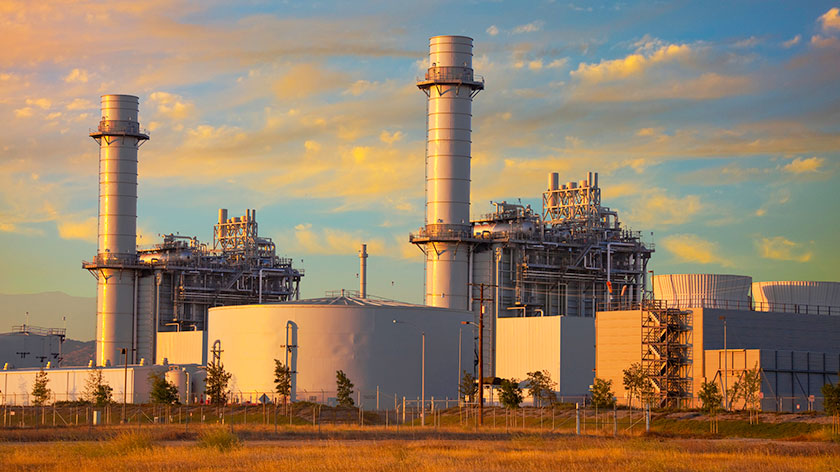(WO) — The American Petroleum Institute (API) joined with over 70 other trade groups representing diverse businesses across the economy in urging the Biden administration to maintain the existing National Ambient Air Quality Standards (NAAQS) for fine particulate matter (PM2.5).

In a letter to White House Chief of Staff Jeff Zients, the organizations warned that moving forward with the Environmental Protection Agency’s (EPA) proposed revisions would jeopardize American jobs and risk substantial economic harm.
The proposed revisions to the standard “would risk jobs and livelihoods by making it even more difficult to obtain permits for new factories, facilities, and infrastructure to power economic growth,” the groups wrote. “This proposal would also threaten successful implementation of the Infrastructure Investment and Jobs Act, the CHIPS and Science Act, and the important clean energy provisions of the Inflation Reduction Act. Our members have innovated and worked with regulators to significantly lower PM2.5 emissions and further progress is being made as part of the energy transition investments.”
The letter emphasized the effectiveness of the current standards which have led to a 42% decline in PM2.5 concentrations since 2000, according to government data. In fact, the EPA reaffirmed only two years ago that the current standards are protective of public health and the environment. Now, without significant new health information, the agency is proposing revisions that will have dramatic effects on the U.S. economy.
A recent Oxford Economic analysis commissioned by the National Association of Manufacturers found that the proposed standard would reduce U.S. GDP by nearly $200 billion and cost as many as one million American jobs through 2031.
“Lowering the current standard so dramatically would create a perverse disincentive for American investment,” the letter reads. “EPA’s proposal could force investment in new facilities to foreign countries with less stringent air standards, thereby undermining the Administration’s economic and environmental goals. We urge you to ensure EPA maintains the existing fine particulate matter standards to ensure both continued environmental protection and economic growth.”



